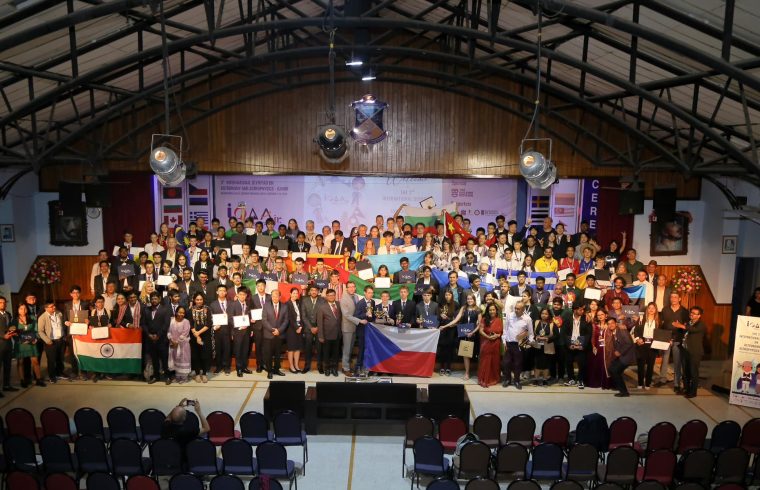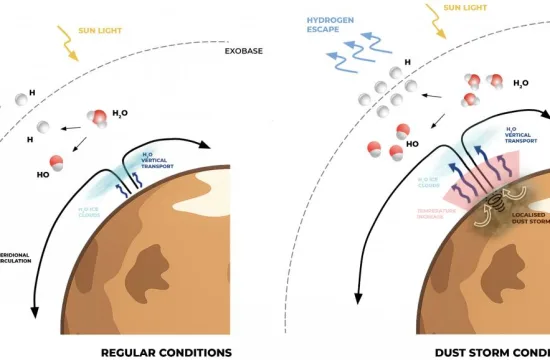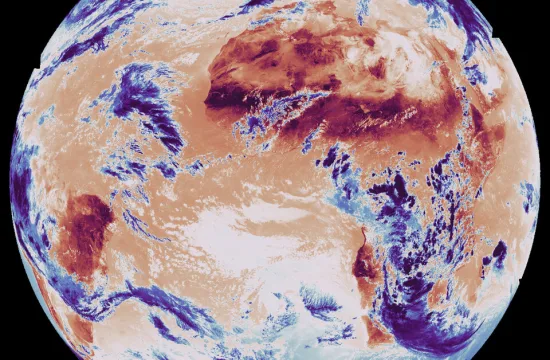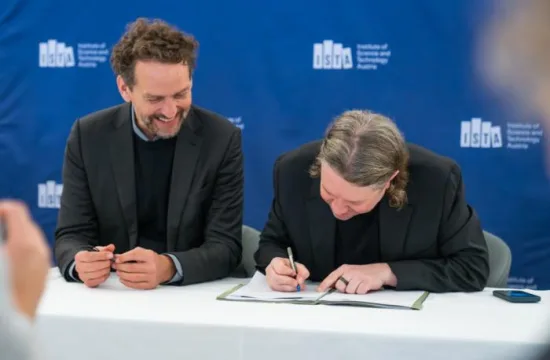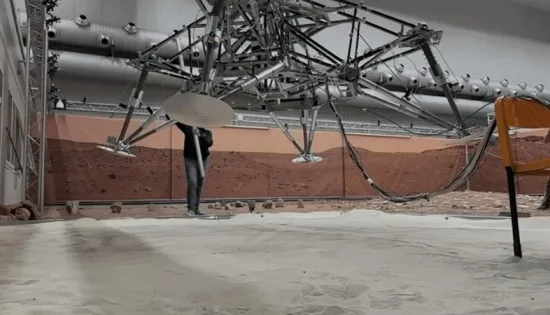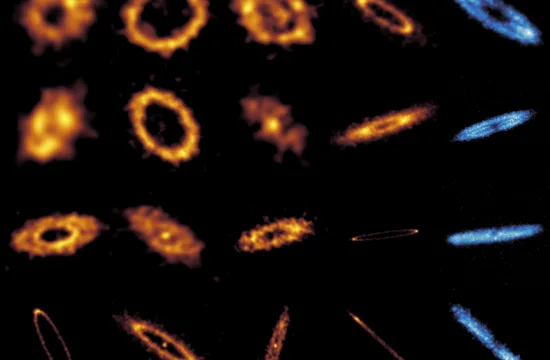This year, China and India won two gold medals each, while Thailand, Bulgaria, Canada, and the Czech Republic won one gold medal each.
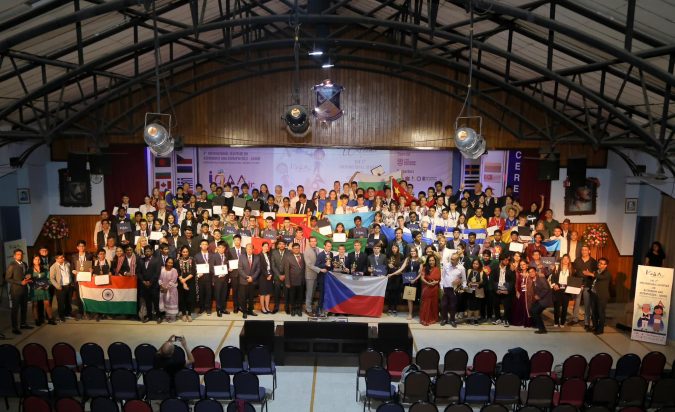
Kathmandu. The third International Astronomy and Astrophysics Olympiad-Junior (IOAA-jr, 2024) has been concluded in Kathmandu on October 10, 2024. Including Nepal, nineteen countries have participated in IOAA-jr 2024, organized in Kathmandu from October 3-10, 2024.
In IOAA-jr 2024, theoretical and practical tests were conducted separately with the students. Based on the examination results, the students received 8 gold, 13 bronze, 21 silver, and 28 honorary mention medals.
This year, China and India won two gold medals each, while Thailand, Bulgaria, Canada, and the Czech Republic won one gold medal each. In the theoretical exam, Alex Faivre from the Czech Republic won the gold medal under ‘Best in Theory’. Similarly, China’s Jiahe Zhang won a gold medal under ‘Best in Observation’ in the experimental test.
| Medal Table | ||||
| Country | Gold | Silver | Bronze | Honorable Mention |
| India | 2 | 1 | 0 | 0 |
| China | 2 | 0 | 3 | 0 |
| Thailand | 1 | 3 | 1 | 0 |
| Bulgaria | 1 | 3 | 1 | 0 |
| Czechia | 1 | 0 | 0 | 3 |
| Canada | 1 | 0 | 0 | 1 |
| Romania | 0 | 2 | 5 | 1 |
| Greece | 0 | 1 | 2 | 1 |
| Bangladesh | 0 | 1 | 2 | 1 |
| Ukraine | 0 | 1 | 4 | 3 |
| Malaysia | 0 | 1 | 0 | 1 |
| Italy | 0 | 0 | 1 | 4 |
| UAE | 0 | 0 | 1 | 1 |
| Colombia | 0 | 0 | 1 | 0 |
| Sri Lanka | 0 | 0 | 0 | 5 |
| Lithuania | 0 | 0 | 0 | 3 |
| Sweden | 0 | 0 | 0 | 2 |
| Estonia | 0 | 0 | 0 | 2 |
| Total | 8 | 13 | 21 | 28 |
Speaking at the closing ceremony, Minister of Social Development of Bagmati Province Government, Hariprabha Khadgi Shrestha said that she will take the initiative to make policy on the issue of organizing and holding the Olympiad program in Nepal. “Not only in astronomy but also in social development, more work will be done for the development and promotion of the latest technology in Nepal,” she added.
“It is necessary to create an environment in the country for astronomical research and development,” Minister Khadgi Said. “In the last century, the scope of our heritage, art, culture, ancient technology, and astronomical knowledge could not be widened.”
“Italy has participated for the first time in the IoAA-jr 2024,” President of the International Astronomy and Astrophysics Olympiad (IOAA), Aniket Sule, said: “Along with Mt. Everest, Nepal is a historical, cultural, and biodiversity hotspot, where we gain various knowledge in one place.” Therefore, he encouraged the students that we should determine the goals of life like the height of Mount Everest.
Suresh Bhattarai, President of the Nepal Astronomical Society (NASO), said that this type of Olympiad will help in astronomy and astrophysics not only in Nepal but also in other countries as well. Bhattarai, who is also Co-chairman of IOAA Junior, said, “Your active participation has made it possible to hold Olympiad Junior in Romania and Greece as well.”
“I believe that all the delegates’ stay in Nepal was pleasant.,” said IOAA Junior Co-President Manisha Dwa. “I would say thanks to the IOAA team for allowing IOAA-jr 2024 in Nepal.”
According to organizers, in IOAA-jr 2024, altogether 150 students, with team leaders, participated from Bangladesh, Bulgaria, Canada, China, Colombia, Czech Republic, Estonia, Greece, India, Italy, Lithuania, Malaysia, Nepal, Romania, Sri Lanka, Sweden, Thailand, Ukraine, and UAE.
Nepal is one of the founding members of the “International Astronomy and Astrophysics Olympiad-Junior,” which was started in 2019 A.D. The first edition of IOAA-jr 2022 was organized in Romania, and the second edition of IOAA-jr 2023 was organized in Greece.
In addition, NASO has been conducting the National Astronomical Olympiad every year in Nepal since 2014. In the senior category, students aged 16 to 20 years studying from classes 11 to 12 can participate. NASO has conducted the National Astronomical Olympiad of ‘Junior Category’ since 2019. Students under 16 studying in classes 8 to 10 can participate in this category.
So far, Nepali students have received 18 medals in the International Astronomy and Astrophysics Olympiad.

